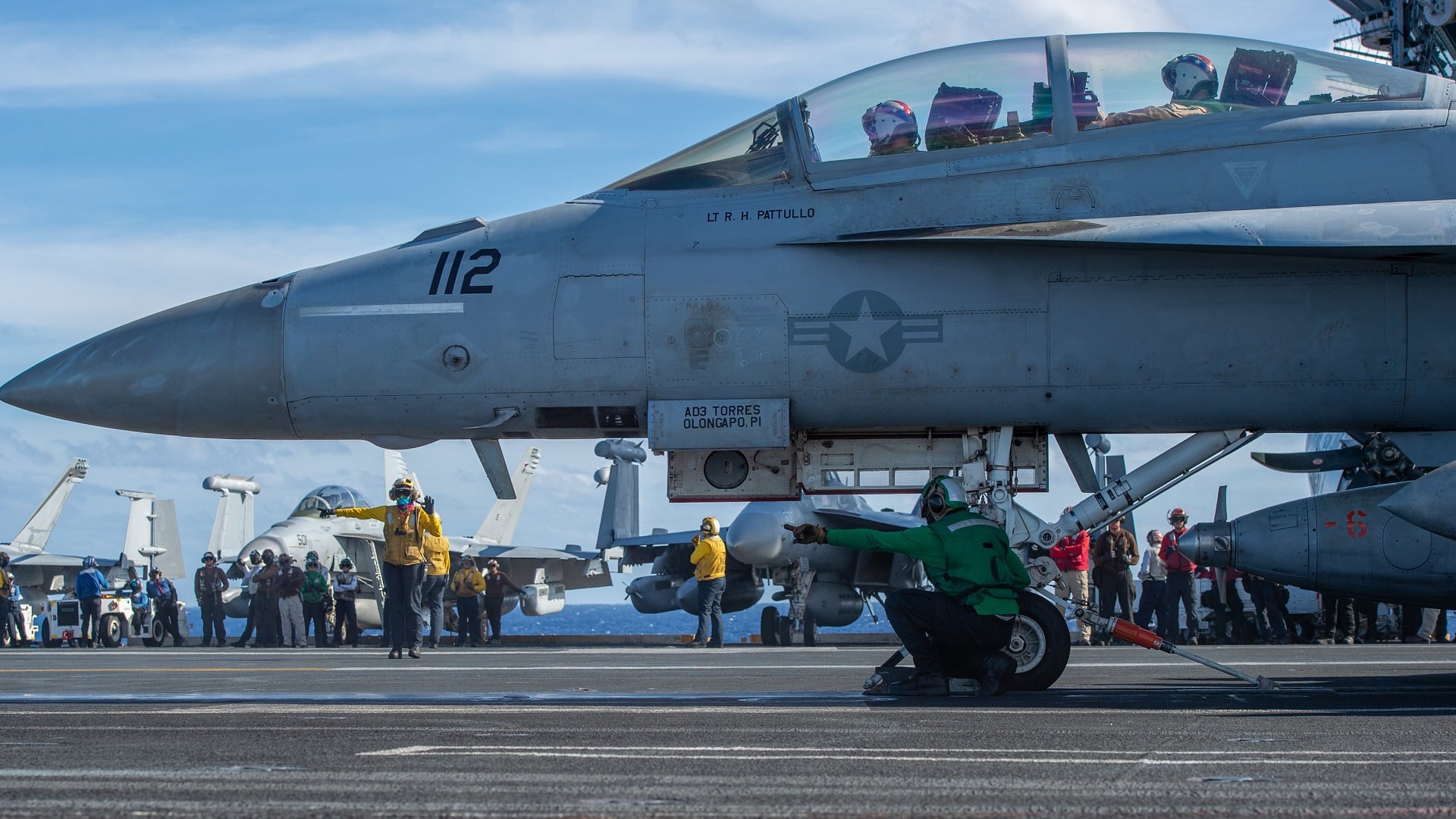Josh Hawley the China Hawk: Is There Anything Different About Josh Hawley’s “Nationalist” Foreign Policy? – Josh Hawley claims to be a different sort of leader when it comes to foreign policy. Not for him is the bipartisan consensus in favor of US global leadership. He detests globalization and opposes some of America’s most high-profile interventions in the Middle East.
Instead, says Josh Hawley, the United States needs to implement an avowedly “nationalist” foreign policy that puts ordinary Americans first.
Josh Hawley: Are His Ideas That New?
Of course, even a casual observer of US politics might query the novelty of a foreign policy vision that puts “America first” given that President Trump espoused these same views twice on the campaign trail and for four years while in office. It strains credulity to say that rejecting “globalism” in favor of “nationalism” is a fringe, radical, or particularly brave stance to take anymore.
But to be charitable to Hawley, the past 12 months have made clear that the broad center of the US political class is still wedded to interventionist ideas about America’s world role. A few dissenting voices aside, clear majorities in Congress have backed President Joe Biden’s robust response to Russia’s invasion of Ukraine. This includes support for wide-ranging military aid, expanded US deployments to Eastern Europe, and costly economic sanctions against the Putin regime.
Josh Hawley was therefore well within his rights to use a recent speech on foreign policy to identify a clear difference between himself and the majority of his colleagues on Capitol Hill: whereas most of Washington accepts that it is the responsibility of the United States to intervene against Russia and ensure the territorial integrity of Ukraine, the senator from Missouri dissents.
This is not a trivial point of departure. In his speech, for example, Hawley explicitly called for the United States to “cut off” military aid to Ukraine unless European allies “step up” to do more. In reality, such a move would be tantamount to deciding the outcome of the war in Russia’s favor. In effect, Josh Hawley has gone on record as recommending that Washington withdraw Ukraine’s lifeline.
In more general terms, Hawley used his speech to urge a dramatic reduction of US commitments to Europe. His warning to European capitals that the United States would be “forced to withhold forces from any direct conflict with Russia” sounded an awful lot like saying that NATO itself should be dissolved. After all, what is the point of the transatlantic alliance if US forces will not be used to defend Europe?
When it comes to European security, then, Hawley might really be a radical when it comes to foreign policy.
On other issues, however, Hawley is just as hawkish and pro-intervention as anyone else in Washington.
A two-sentence sequence from Hawley’s latest speech gave the game away: “A nationalist foreign policy places America’s interests first. And deterring China from seizing Taiwan should be America’s top priority.”
How does the second sentence flow logically from the first? Why should the defense of Taiwan—an island thousands of miles away from the continental United States—be considered America’s top foreign policy objective?
To be clear, there is no world in which the defense of Taiwan is essential to US national security. At least, nobody who begins from a starting point of wanting to elevate the everyday interests of ordinary Americans would conclude that Taiwanese security is where the nation’s vast military might should be focused.
Taiwan can be described as a critical node in the global economy; a beleaguered outpost of the democratic world; a powerful symbol of freedom in the fight against tyranny; or a domino that, if toppled, would jeopardize the security of its neighbors in East Asia. But none of this can disguise the fact that Taiwan’s beaches are not America’s shores.
Hawley’s zealotry toward China and Taiwan is revealing. It shows Hawley for what he is: a hawk, a militarist, and an interventionist—plain and simple. He is a leader who wants US hard power to be used in support of democratic allies halfway around the world, and he is willing to threaten World War III in the process. Just because Hawley is calling for these policies to be implemented in response to China and not Russia should do nothing to disguise the sprawling implications of his arguments.
To be fair to Josh Hawley, he makes some sound observations about US foreign policy. It is true that America’s military can be neither omnipotent nor omnipresent. It makes sense that Europe should do more to defend Ukraine and deter Russia. And it is fair to suggest that a less interventionist foreign policy might serve ordinary Americans better than the status quo.
Yet Hawley’s focus on China is unmoored from these reasonable premises. For him, the need to defeat China is axiomatic in its own right. He does not consider, for example, that the wealthy nations of East Asia should assume the burden of defending Taiwan and deterring China—despite being adamant that Europe must take the lead in balancing against Russia.
Nor does Josh Hawley clearly articulate what makes the security of one transoceanic flank more important than the other. In short, nothing about Hawley’s vociferous arguments in favor of countering Chinese influence can be traced back to his supposed commitment to nationalist principles.
Ironically, this is why Hawley’s anti-China foreign policy stands a decent chance of being implemented in contrast to his fringe views on European security: not because it is radical, but because is mainstream already.
Author Expertise and Experience
Dr. Peter Harris is an associate professor of political science at Colorado State University, a non-resident fellow at Defense Priorities, and a contributing editor at 19FortyFive.

